Valorant: How Riot launched a successful esport in a global pandemic
Launching a game in a pandemic isn't exactly easy.

Valorant released in the pandemic. Codenamed Project A, this game was designed and built during normal world operation only for social interaction to collapse in on itself as a potentially deadly virus swept the planet. While we all scrambled to understand this new, isolated way of living, Riot had a game almost ready for release and kept its head down, set on releasing it anyway.
Instead of a trip to see Riot Games and meet everyone behind it in Barcelona back, it was 2020 and I was in my parents' basement with my cobbled together new set up in a Discord of hundreds of people. We listened to the developers explain little bits of what the game was, what it intended to do, and how to play. I was then left to play with some of the best shooter players in the world making it the hardest and possibly most personally miserable introduction to a game I've ever had. Fast-forward a few years and Valorant isn't only a massive shooter that boomed during the pandemic but it also has one of the most successful esport scenes in the world. And so much of that happened from peoples' homes.
I attended Masters in Copenhagen earlier this year and had the opportunity to speak to Arnar Hrafn Gylfason, Valorant's senior game director about building a game and an esports in a pandemic. At the time Masters 2022 was the first time Riot Games had held an in-person esport for Valorant, over two years after the first physical event was supposed to happen. A lot had changed for everyone, but I was still interested to learn more about what it took to make Valorant the success it was, even when the world was turned on its head.
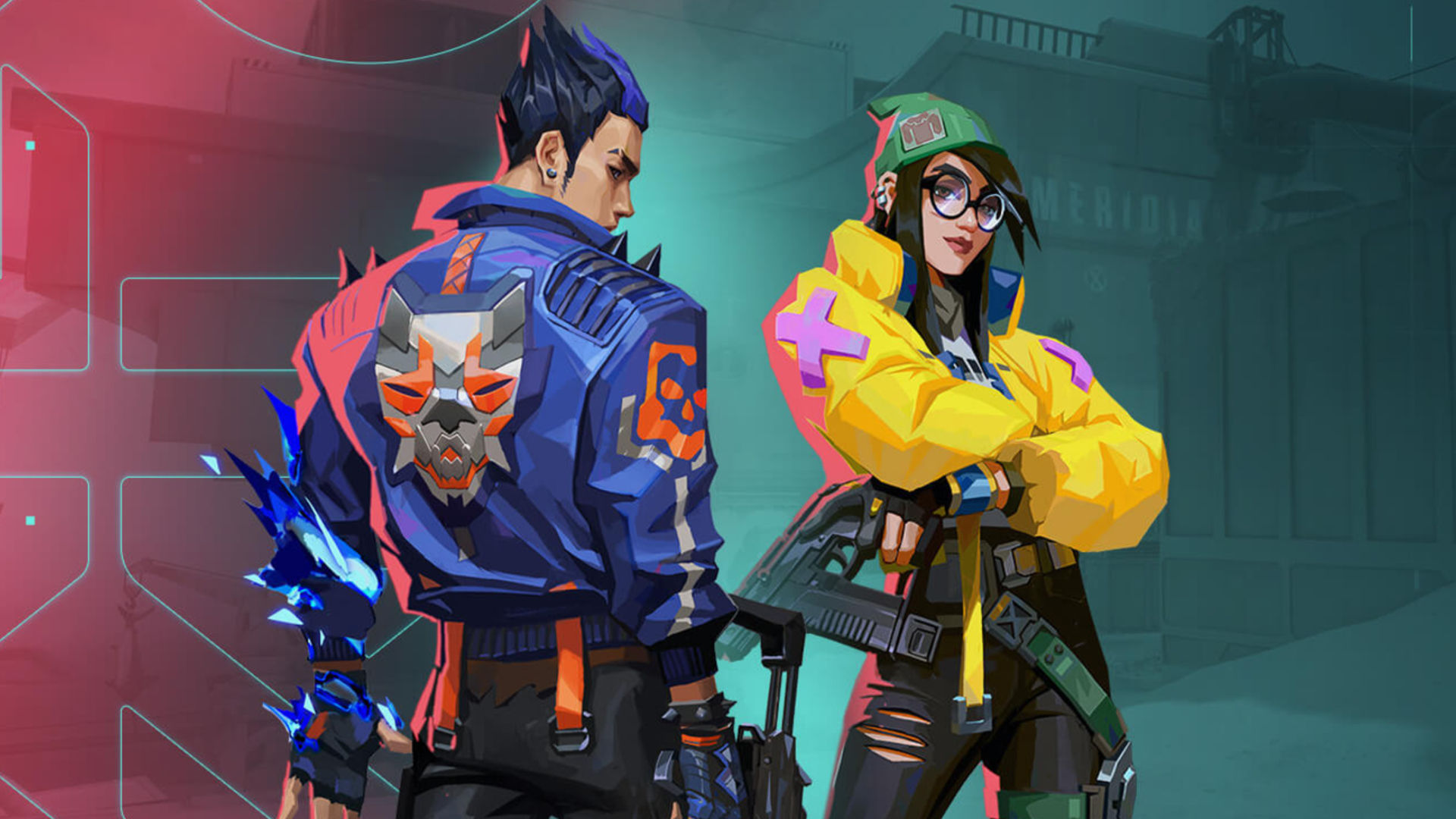
And while yes, of course, we always hoped in our hearts of hearts that it would become a successful esport I wouldn't say we built it for esports specifically.
PC Gamer: Valorant has become one of the biggest esports almost overnight in terms of how big some of the games it's competing with in viewership. What's it like building an esports game from the ground up?
Arnar Hrafn Gylfason, senior game director: It's funny, because I'm gonna butcher this quote, and misattribute it. But overnight success takes years of preparation. I wasn't on the starting team of Valorant, but I've been on Valorant for five years. And when I joined the team it was very clear that while, sure, there were concepts that maybe this would become an esport one day, the goal was never "let's make a great esport". The goal was "let's make the absolute best tactical FPS that we can". Let's bring something fresh to the genre, let's create something that is tight, and feels good and is expressive, and is creative, and is fun to play, and is highly competitively integral to the player. And it just so happens, that the genre we are in and the visual aesthetics of the game and how approachable it is—not grim or dark, it's more kind of bright and flourishy—it just lends itself very well to esports. And while yes, of course, we always hoped in our hearts of hearts that it would become a successful esport I wouldn't say we built it for esports specifically. We believed it was a great game.
Pulling from our experience, from Riots' experience on League of Legends, and pulling from a lot of the developers' experience on games that they had worked on, or played professionally we knew what doors not to close in order for us to be able to become successful and supporting an esport should it ever turn into that. And here we are. And while we certainly feel happy with how Valorant esports has started, Masters is absolutely amazing. I think we always feel like "oh, if only we had done a little bit more before this tournament, it would have been so much better". So from a developer perspective, we are passionately invested in our game and continuing to make it the best tactical FPS, best competitive shooter that you can get your hands on. But we are equally passionate to make sure that our esport is elevated, and get the support that we can give it to continue building on it.
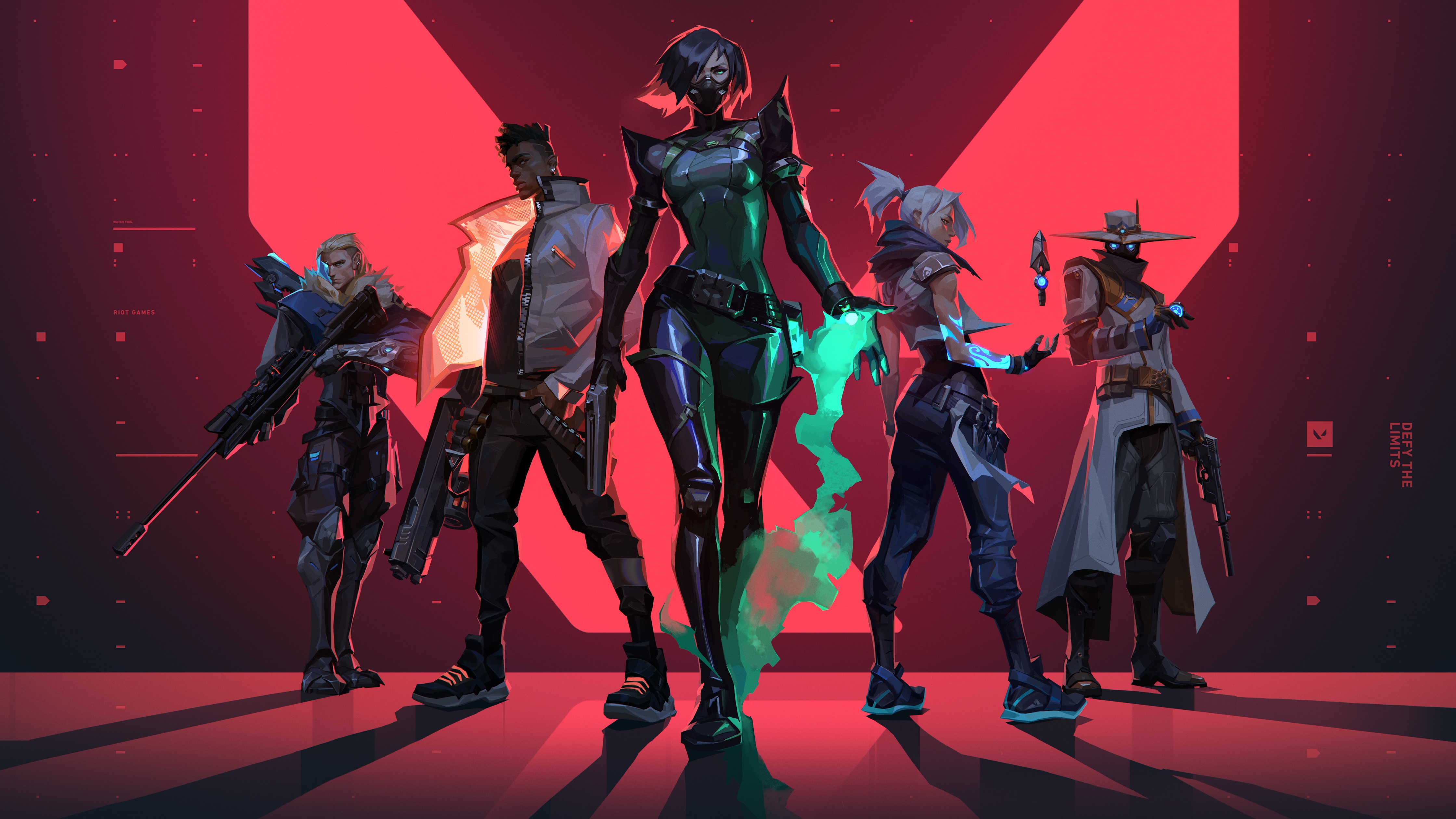
Obviously, there was development before the launch of Valorant and then development after launch. Development of agents and maps that has straddled both sides of that. What was that shift like?
Keep up to date with the most important stories and the best deals, as picked by the PC Gamer team.
Yeah, I would say it hasn't really changed. We don't create our maps or agents with esports in mind, we create them in mind of how they play at the top tier competitive level and how they play it at the... perhaps lower levels of competitive play. How do they play if you're having fun and not thinking too much about if you're winning or losing. But thinking about the agents at "hey, how will this play in a five versus five, high skilled, very highly coordinated team environment" gets us to the esports angle as you're talking about it. We think about our maps, our agents, our content, our gameplay always from the: what does the top tier performance in this game space look like? And in terms of is it pleasing for the audience? I think luckily, if it's pleasing to play, it's pleasing to watch. And so we lucked out with a twofer with that one.
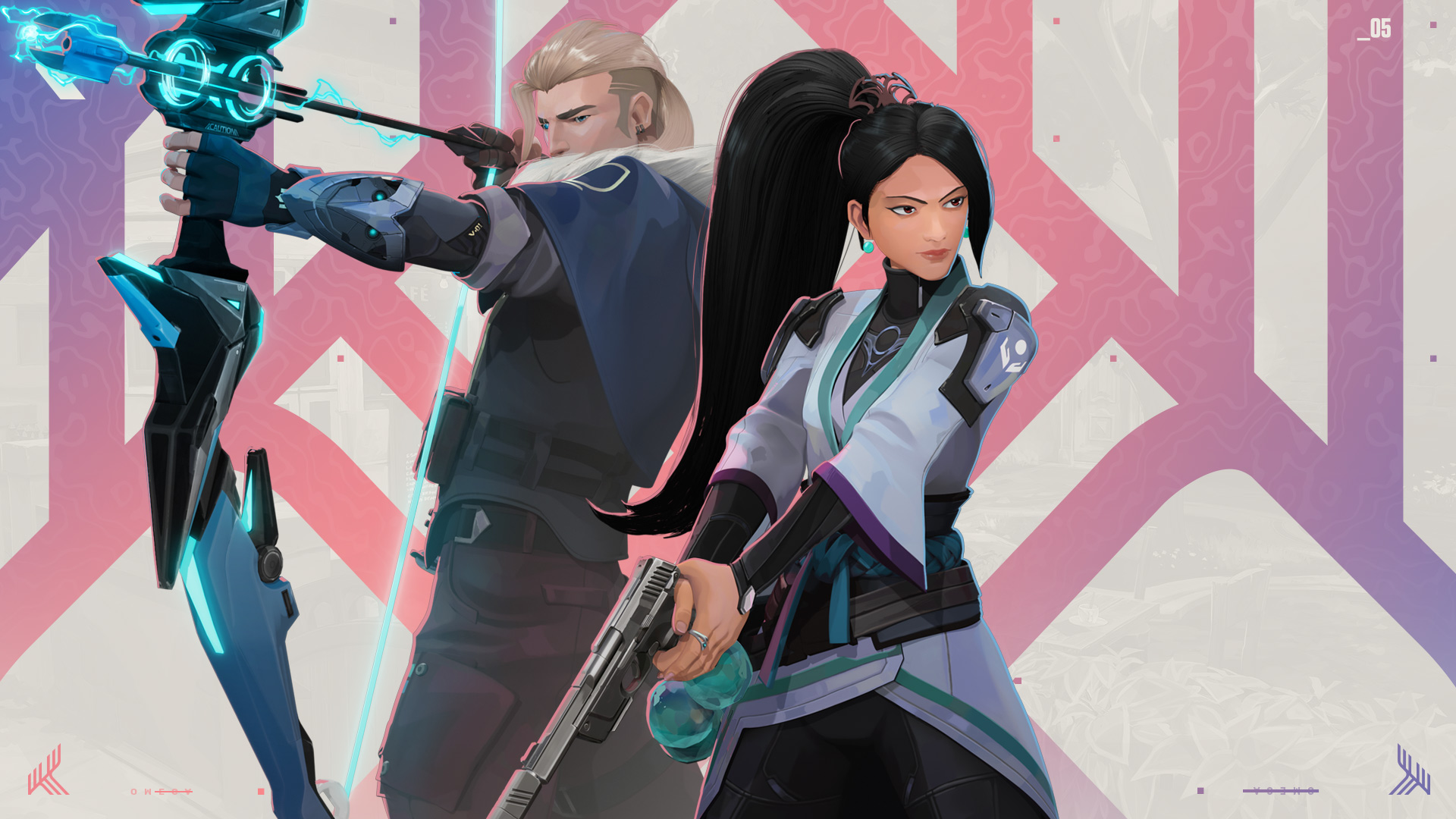
Valorant is an interesting game in that it really stuck the landing in terms of an esports focus but that doesn't happen with every game. When Valorant arrived the kind of comparisons were CS:GO and Overwatch. CS:GO's esports scene flourished but Overwatch didn't hit that same high. What do you think about Valorant that helped it stick the landing when other competitive games struggle.
I am woefully under-prepared to answer in any detail or intelligence. But taking a stab at it I think at no point during the sort of early beta days or pre-beta when we were very nervous, we were about to ship, did we think we would turn into this so quickly. We were hopeful. Wouldn't the best case scenario be amazing? But I think even the best case scenario we had in our minds, was not this. Neither from gameplay or from an esport perspective. And so to start off, this is incredible.
What made it stick? I think from our perspective, I don't know if it's magic, or if it's just luck, or whatever it is. But I think from our perspective, we never looked at it from the lens of how do we get more viewers or how do we even get more players. We looked at it from the lens of creating the best competitive shooter that we can, the best tactical shooting that we can, what do we believe are the right ingredients? And I guess in a lot of ways we were right. That resonated with the audience of people coming from Overwatch, people coming from CS, people coming from Fortnite and Apex Legends. We have an incredibly diverse background of players coming from other games. And they all seem to get something that they were looking for in Valorant. And we are just, we feel very happy and lucky and privileged to have been able to service that.
I feel incredibly blessed to have worked with all these people who just fucking nailed it.
Valorant's launch coincided with when everything went into lockdown. I can't help but feel maybe launching when there was nothing else to do would have attracted people and obviously people had a lot of time to get good at the game quite quickly. Can you talk a bit about launching an esport in a pandemic?
Yeah, wow, launching an esport in a pandemic, I think, posed us with a layer of problems and challenges, just unexpected things on top of launching a new game, which does that anyway, that we never would have expected. I don't even know how to say this, but I can never be grateful enough to the team that we work with. On the esports side of the publishing side on the development side, but you know, a month and a half into the scariest unknown circumstances a lot of us have ever been in, stuck the landing on sticking to our dates, shipping a game shipping an esports supporting it on a global scale, being able to figure out how to do online tournaments. for a company that really, really only knows how to do big major events. I feel incredibly blessed to have worked with all these people who just fucking nailed it. Is that gonna get me in trouble? They fucking nailed it.
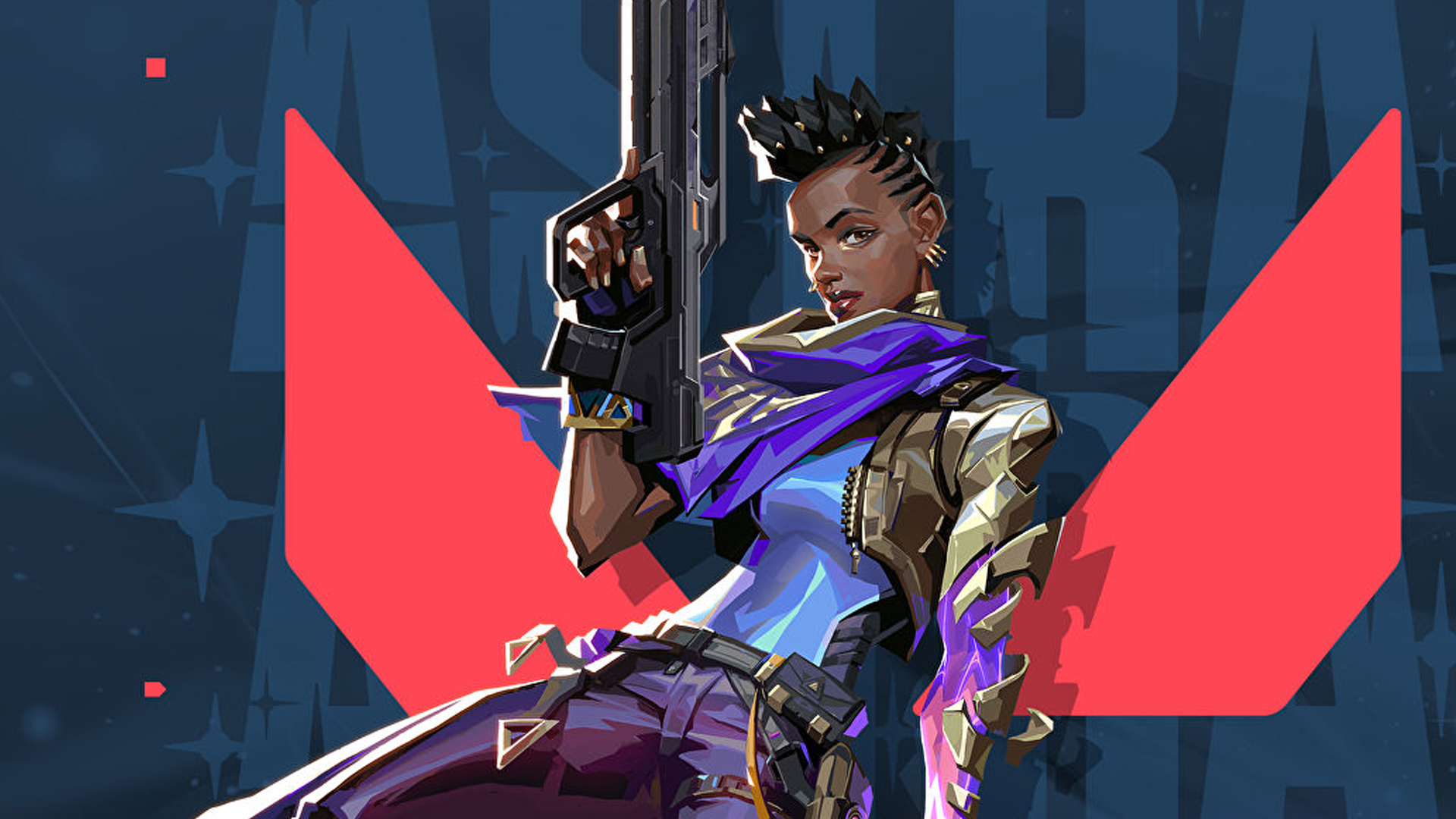
When it comes to launching something that is good for all levels of gameplay from here at Masters to Iron 1, how do you figure out a good mix of geometry for all players?
How do you figure it out? Oof, I mean, we start with a basic premise of, you know, what are the challenges we expect the map to pose to the players on the defence side, on the attack side? Are those challenges approachable to players in roughly every skill level? If we want to talk about challenges, it is like Icebox. Hey, would you like 30,000 angles to clear, does that challenge you? Are you having fun now? With Haven do you understand how to set up across three sites instead of two sites. With Fracture, there is no mid to contest, right. So all of these maps have different challenges that get players to think about the game in a different way. And I think because we approach it from that angle, we can kind of tune the maps, then, once the premise is good, to not be too challenging to our more fun-having players, while still obviously being highly challenging. And I'll just say this, looking at a map like Haven that has been in play for so long, played yesterday and seeing that wall and Raze satchel that I've not seen before. It's two years after launch and we're still finding new ways for players to approach the challenges that the maps posed to them. And that's the beauty of seeing these maps played in competitive play is that even if we know roughly where the floor is and where the ceiling is, it is still growing. And that's super exciting.
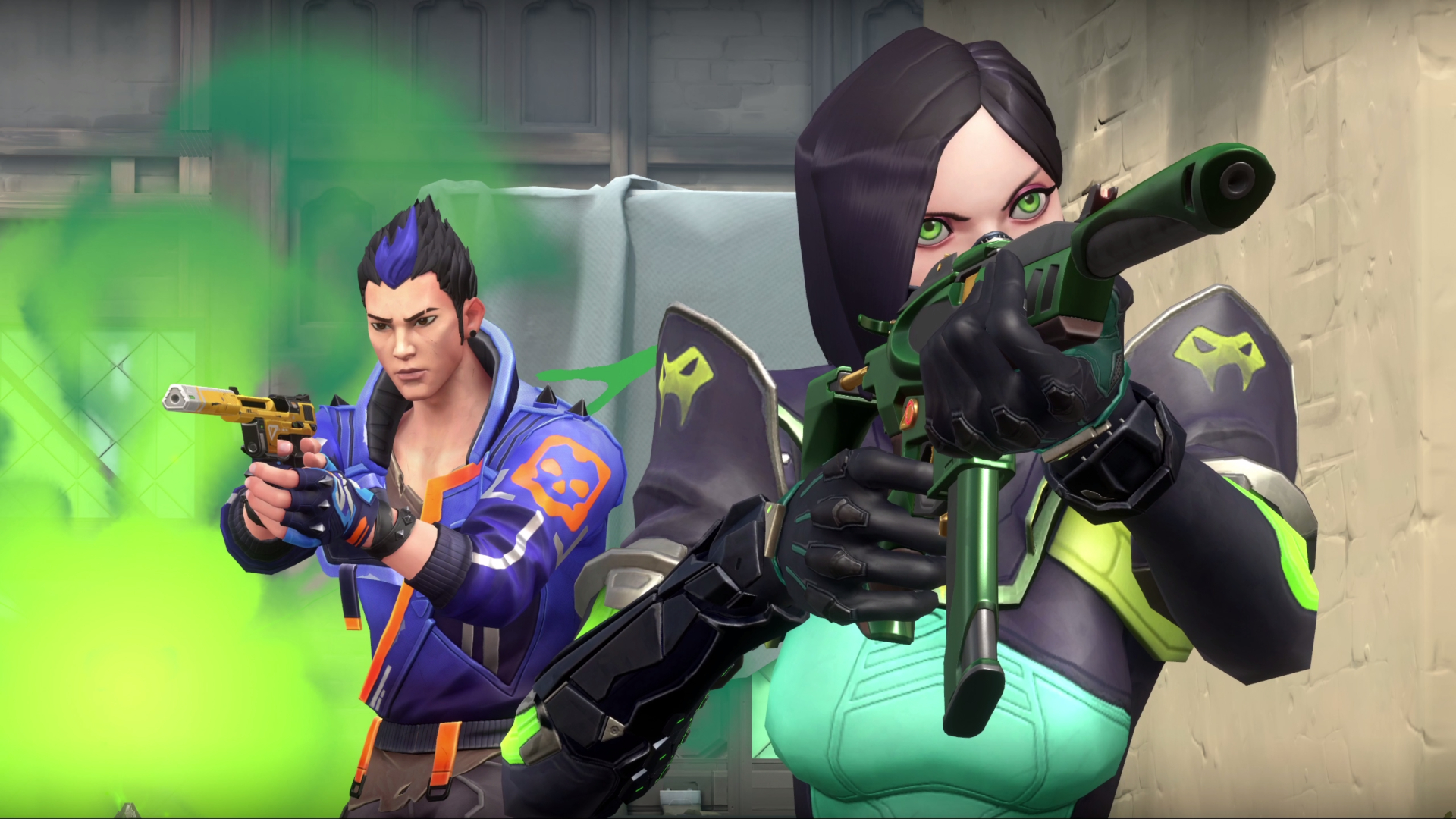
Valorant is constantly evolving its maps and agents to fit several fields of play from casual to professional. How is Riot still finding that balance?
Creating gameplay content that is equally viable at all levels of play is of course a challenge, one we continually try to get better at. But the reality is that player skill has a significant impact on how an agent plays or how they use the map space. We can't assume any changes to gameplay will have equal impact to all players but we always have to make sure that impact isn't outsized for any subset of players.
Another aspect of this is also how players approach competitive gameplay at different levels, something we're excited to see evolve when Premier [a new feature of Valorant that allows all players to host their own season of pre-scheduled matches as if they were esport competitors] becomes available to players worldwide. Practising teamplay, having set agent pools and team compositions and running practices on a set map pool can change a lot of how players of any skill level approach the game.
Imogen has been playing games for as long as she can remember but finally decided games were her passion when she got her hands on Portal 2. Ever since then she’s bounced between hero shooters, RPGs, and indies looking for her next fixation, searching for great puzzles or a sniper build to master. When she’s not working for PC Gamer, she’s entertaining her community live on Twitch, hosting an event like GDC, or in a field shooting her Olympic recurve bow.

